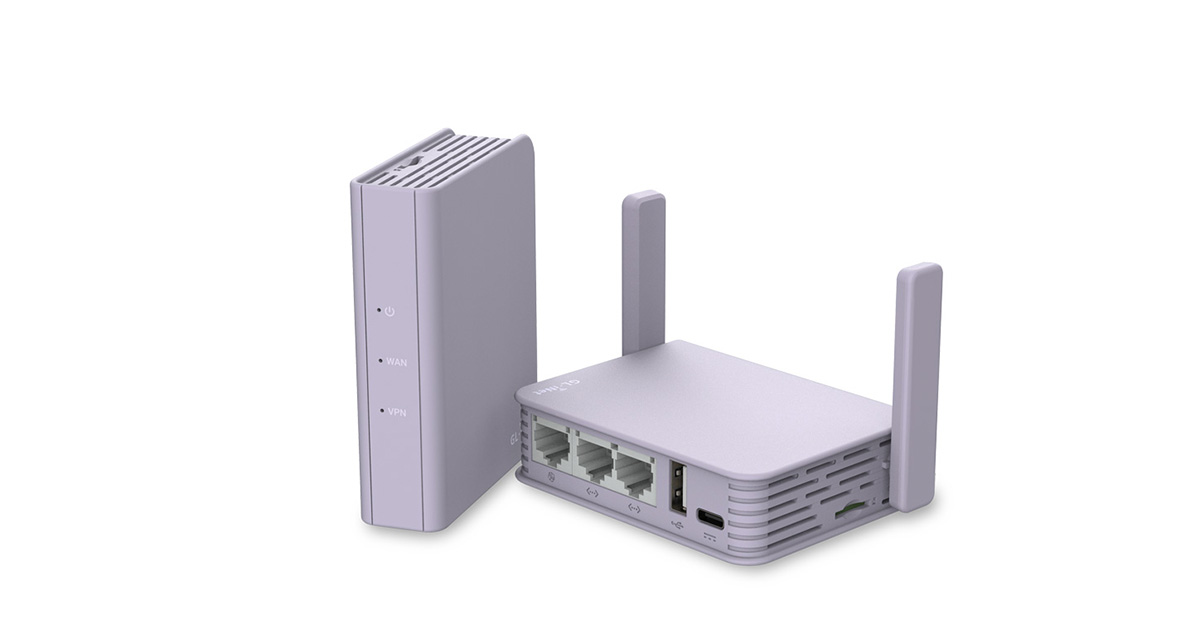neednetworking
Occasional Visitor
I am looking for a more secure firewall under $200. I've heard bad things about home router security. Internet speed from isp would be about 100-200mbps.
my current considerations are
an asus stock firmware
cisco rv260
netgate sg1100
main thing I am concerned about is security
Features I like but don't need:
openvpn
content filtering (by content category with ability to include/exclude devices)
Gui configurable
lower ping times (probably not an issue)
is the cisco rv260 comparable to like a cisco asa, sonicwall, fortinet, or sophos firewall in security? I am no as concerned about viruses/filternig. I am more concerned about the firewall being compromised from the outside like a hack against a known vulnerability, etc.
my current considerations are
an asus stock firmware
cisco rv260
netgate sg1100
main thing I am concerned about is security
Features I like but don't need:
openvpn
content filtering (by content category with ability to include/exclude devices)
Gui configurable
lower ping times (probably not an issue)
is the cisco rv260 comparable to like a cisco asa, sonicwall, fortinet, or sophos firewall in security? I am no as concerned about viruses/filternig. I am more concerned about the firewall being compromised from the outside like a hack against a known vulnerability, etc.


